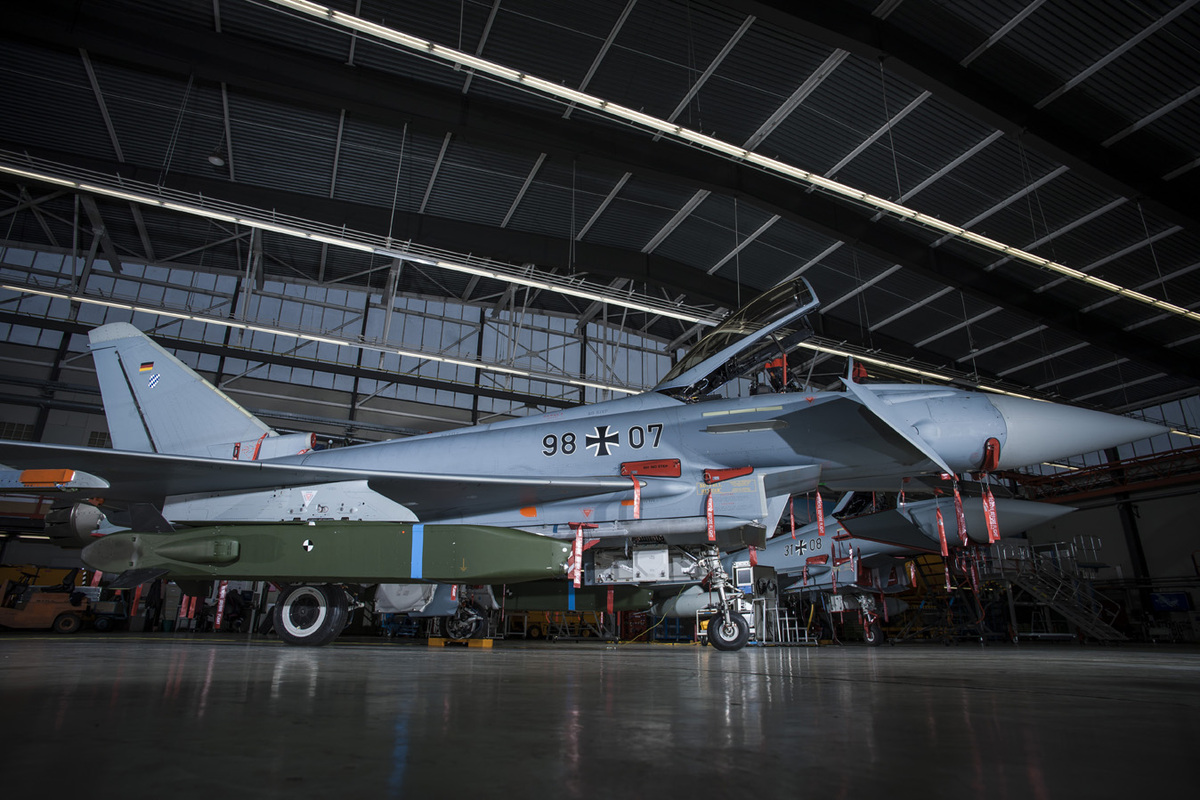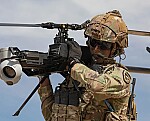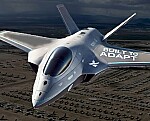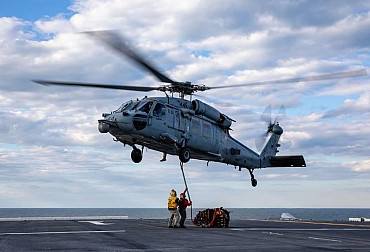Turkey’s Fighter Jet gap: A Eurofighter Typhoon deal in the making?
Turkey is facing a critical fighter jet gap as it awaits the rollout of its domestically developed 5th-generation KAAN fighter, expected to enter service in 2030. In response, Ankara appears poised to finalize a deal to acquire 40 Eurofighter Typhoons, marking a potential shift in Germany’s longstanding reluctance to export these advanced jets.

Germany’s Reluctant Shift
During a televised interview, Turkish Defense Minister Yasar Guler announced the Eurofighter deal, crediting the support of NATO allies Italy, the UK, and Spain in persuading Germany to approve the sale. “Germany had been reluctant for a long time, but with the constructive contributions of our NATO allies, they finally gave a positive response,” Guler stated.
The move follows reports that the German government has directed its sales authority to evaluate the deal. However, no official confirmation has been provided by Berlin, and the German Ministry of Defense has yet to comment on the development.
The Eurofighter Typhoon: A Multinational Collaboration
The Eurofighter Typhoon, a product of European defense collaboration, is manufactured by Airbus, BAE Systems, and Leonardo. As a fourth-generation multirole fighter, it offers advanced capabilities that could address Turkey’s interim needs. However, the consortium’s export rules require unanimous consent from the partner nations—Germany, the UK, Italy, and Spain—for any deal to proceed. Germany’s history of vetoing arms deals, such as its 2019 block on Eurofighter sales to Saudi Arabia, underscores the delicate nature of the approval process.
Strategic Diplomacy at Play
Turkey’s pursuit of the Eurofighter has been strategic, leveraging diplomatic relations with NATO allies. Analysts suggest this approach has been instrumental in softening Germany’s stance. “Turkey’s approach to securing the Eurofighter deal involves leveraging diplomatic relations, with the UK and Spain playing pivotal roles in persuading Germany not to veto the agreement,” explained Ali Bakir, nonresident senior fellow at the Atlantic Council.
Turkey began discussions for the Eurofighters in late 2023, coinciding with its ongoing negotiations with the United States for 40 new F-16s. The potential $23 billion F-16 deal, approved by the Biden administration in January 2024, reflects Turkey’s dual strategy to address its air force’s immediate needs while awaiting the KAAN fighter.
A Stopgap Solution
Defense experts emphasize that the Eurofighter deal would serve as a critical stopgap. “Turkish air power has a stopgap trouble up until the indigenous KAAN makes it,” said Can Kasapoglu, director of defense research at Istanbul’s Edam think tank. The tranche of Eurofighters purchased will determine the level of operational relief provided during this transitional period.
Looking Ahead
While the Eurofighter acquisition promises to bolster Turkey’s air capabilities, questions remain about Germany’s full commitment to the deal. If finalized, the agreement would mark a significant milestone in Turkey’s defense strategy, showcasing Ankara’s ability to navigate complex international relations to address its military needs.
As Turkey works toward operationalizing the KAAN fighter by 2030, the Eurofighter Typhoon and potentially updated F-16s could form a vital bridge, ensuring the Turkish Air Force remains a formidable force in the region.










